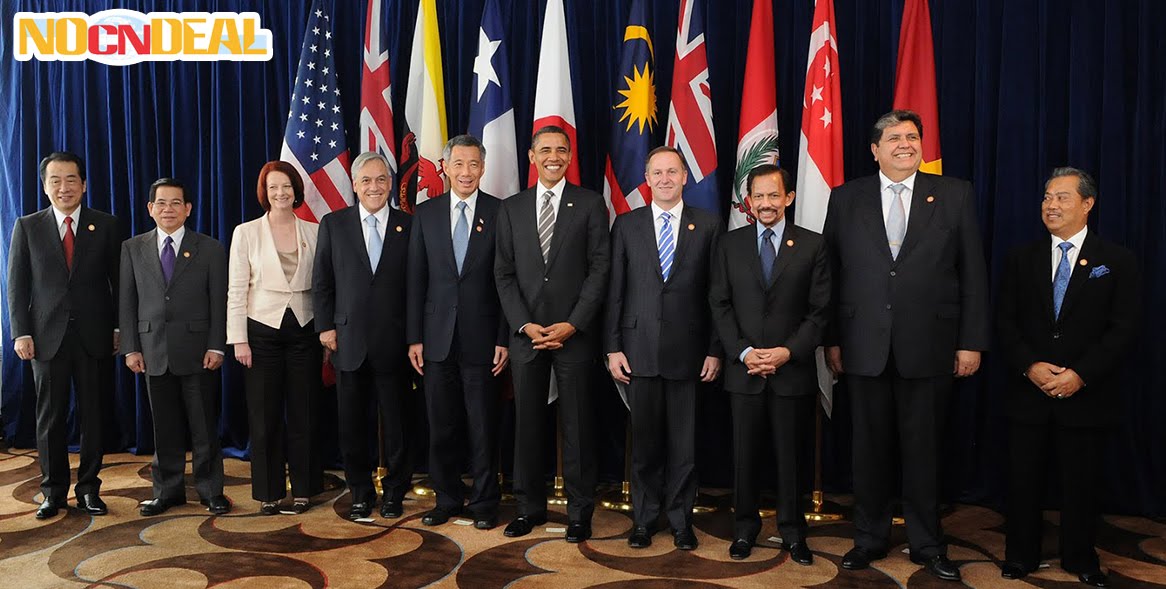The government said Thursday it expects the recently sealed Trans-Pacific Partnership trade pact to boost gross domestic product by ¥13.6 trillion or 2.59 percent from fiscal 2014 in its first estimate since the deal was struck in October.
Growth will be driven by exports and investment is to be facilitated by the removal or lowering of tariffs and unified international rules under the 12-nation free trade initiative.
While the expected growth will create 795,000 new jobs, or 1.25 percent of the 63.6 million-strong workforce in fiscal 2014, the trade pact will cause a ¥130 billion loss to the agriculture, forestry and fishery sector. This will become a mere ¥210 billion in size through competition with cheaper imports.
The government declined to clarify when the economic growth would be achieved. A government official said it usually takes one or two decades to create such an economic impact.
The free trade zone will cover 40 percent of the global economy.
The government will remove tariffs on 95.1 percent of imported products under the trade framework, as duties on some sensitive farm products will be maintained.
The pact is expected to take effect within about two years, Akira Amari, the Japanese minister in charge of the TPP, said last month. It requires ratification by member countries.
Meanwhile, there are many reasons why the forecasts may not bear out. The estimate is based on a future virtuous circle of economic growth and does not reflect the current economic environment.
The projection assumes production efficiency will improve through higher trade and investment activities and the rise in productivity will boost income and profits and therefore spur consumption, investment and employment.
The figure was also calculated on the assumption that measures to support Japanese farmers will help maintain the country’s farm, forestry and fishery production volume. Farmers may suffer a drop in prices, prompting them to focus on high-end products and to cut costs.
Of the 2.59 percent estimated growth, 1.59 percentage points come from the consumer spending sector, 0.6 point from the exports sector and the rest from the investment and government spending sectors, while a rise in imports will curb growth by 0.61 point.
The government also estimates the effects on real GDP will be limited to 10.1 trillion if wages increase at a slower pace than assumed under the main scenario, while it expects real GDP to rise by 20.1 trillion if all the positive effects of bilateral free trade deals that Japan has signed with TPP members are factored in.
In 2013, before joining talks on the deal, the government calculated that real GDP would be raised by ¥3.2 trillion.
The previous estimate assumed that all TPP members would abolish tariffs on all products and does not reflect the effects of increased productivity and employment, the official said.
Source: The Japan times








Không có nhận xét nào:
Đăng nhận xét